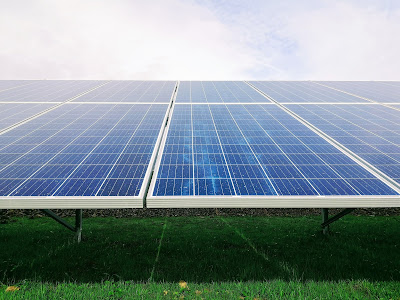Should You Consider Solar UPS for Home?
The sun is the brightest source of light and heat that we know of. Apart from differentiating between day and night, solar power or energy harnessed from the sun is also becoming increasingly popular as a source of electricity. Electricity generated from solar energy can be used to power lights and appliances in homes, offices and commercial enterprises. In fact, in Kochi, the entire airport has been powered by solar energy. Here are some of the reasons why you should consider a solar UPS for Home. Reduced Electricity Bills The sun charges no fees to harness its energy. While there is an initial cost of installing solar panels, maintenance costs are negligible and the initial costs are soon offset by savings on your electricity bills. A grid tie system allows you to transfer the solar energy generated by your home UPS to the main power grid. This can be later used as credit against your electricity consumption. An off-grid system reduces your dependence on the main power grid and...


